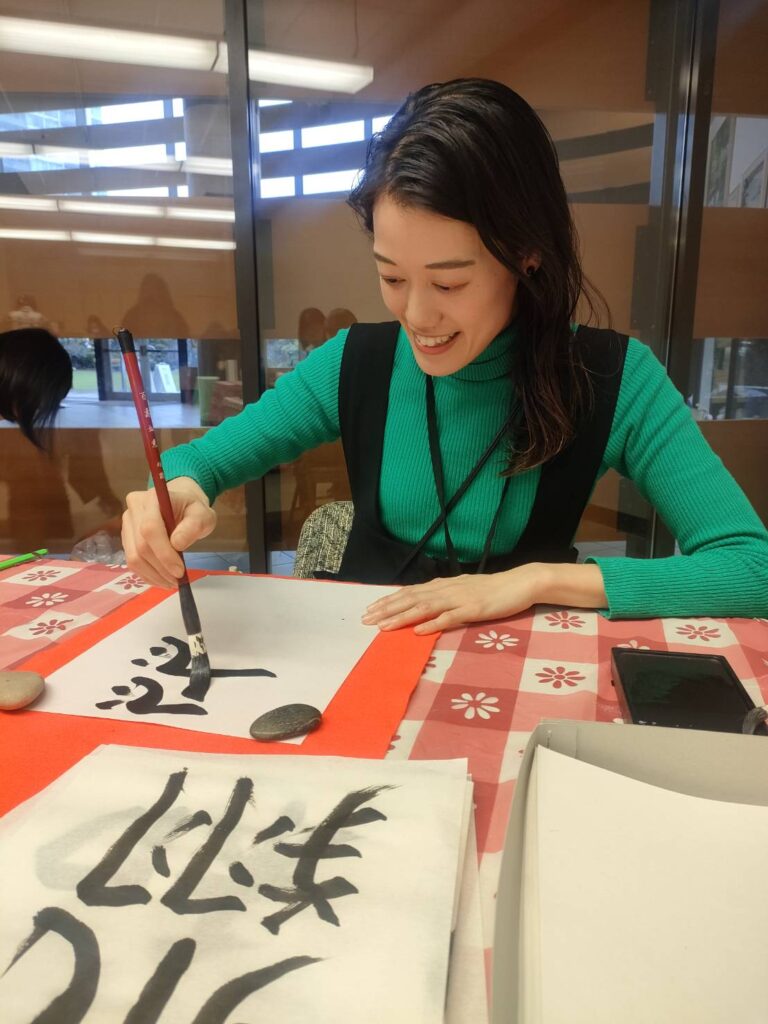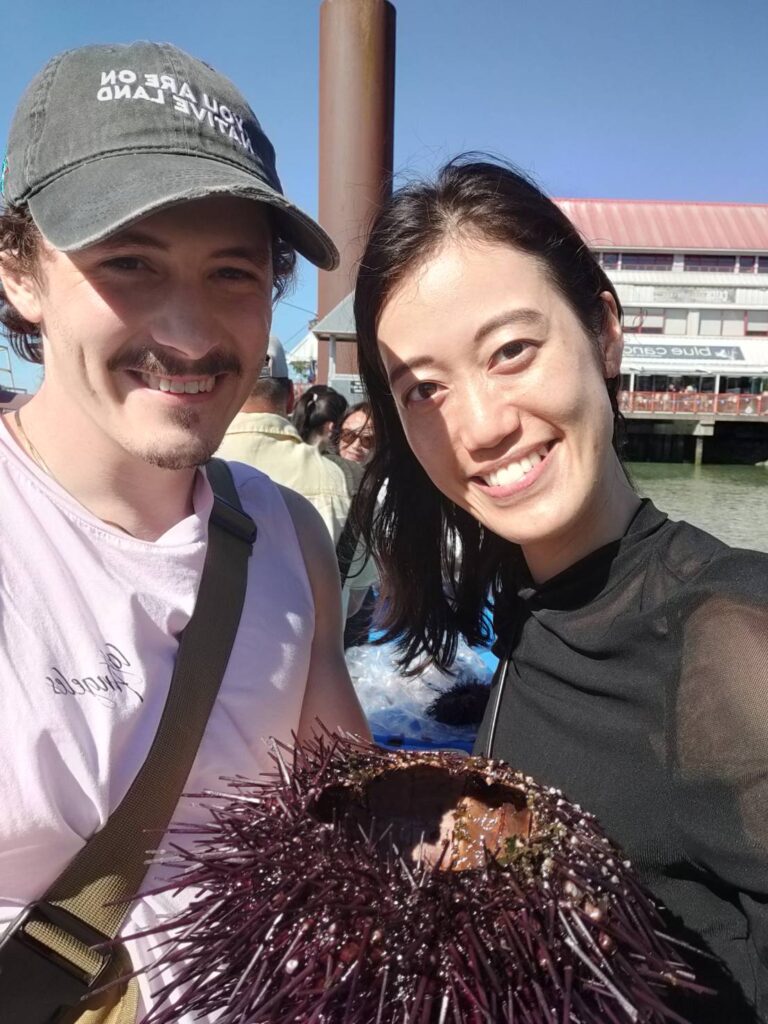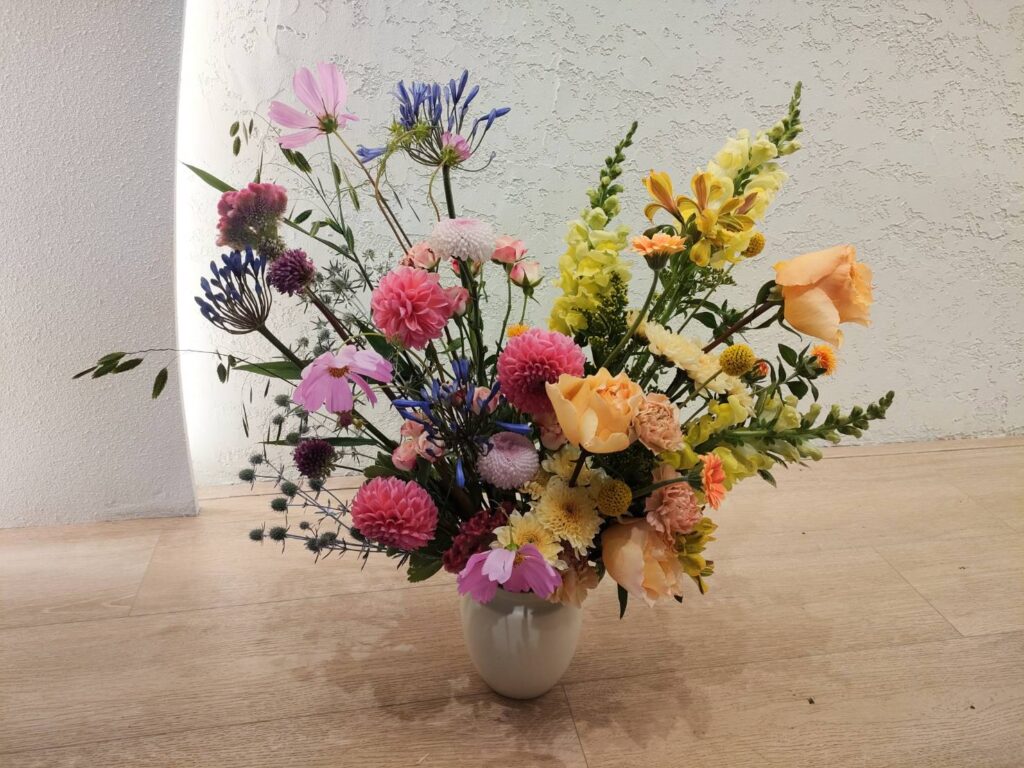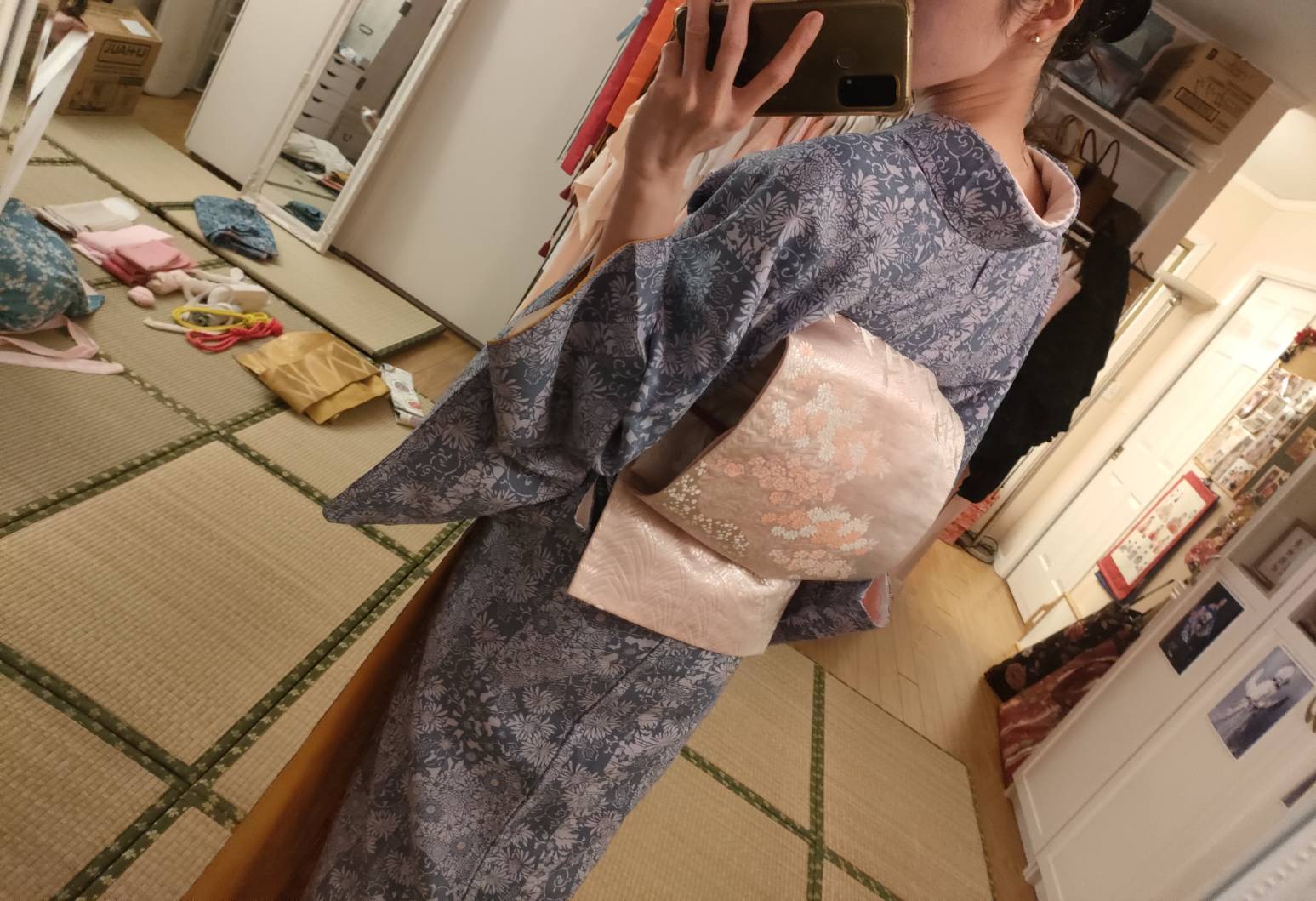Please scroll to the bottom of the page for the English version.
- 日本人の中でも日本人らしい私の特徴
- この特徴が海外生活でストレスを溜めるの大きな要因に
- コントロールしている5つの思考
- バンクーバーでしか作れない貴重な環境への感謝の気持ちが大前提
- “Five Ways for Japanese Individuals to Avoid Accumulating Stress Abroad by Not Being Overly Concerned in Communication”
- My Characteristics That Resemble Japanese Traits Among Japanese Individuals
- This characteristic becomes a significant factor for accumulating stress during life abroad
- Five Controlled Thoughts
- The Foundation of Gratitude for a Precious Environment Unique to Vancouver
日本人の中でも日本人らしい私の特徴

私は前職が接客業だったこともあり、人とコミュニケーションを取るうえで相手の気持ちや表情、態度、小さな仕草、その場で取り上げる話題、話し始めたあとの結果やムードを想定しながら話したり、人に話しかけるタイミングなど多くのことを考えながら会話をする特徴があります。
さらに相手が何を話したいのか、どんな話題が相手が喜ぶのか、相手の話を聞いている時は共通点のある自分の経験や話題があれば、長くなりすぎない程度に組み込んだり、
許されると分かっている少し失礼なことをあえて言ってみて、相手との距離感を縮めたり、
自分のエピソードを話すときに、話の尺に対してのオチの大きさや予想外な要素を組み込む、、、など
とにかく多くのことを考えながら話します。
さらに複数の人たちで会話するとなると、話題を全員がわかるであろうものを選んだり、退屈そうな人がいると気になって話題を振ってみたり、、、
これは軽い職業病なのと、もともとの性格なので、自分の中ではこれが普通です。
日本語の場合は問題なく、相手やその場の空気がハッピーになるのが自分も心地が良いので、全く疲れません。
私の場合は日本人の中でも特に考えすぎな方だと思います。しかし私のようにここまで極端に強い思考を持ってなくても、日本人の方なら少なからずお持ちの特徴なのではないでしょうか?
この特徴が海外生活でストレスを溜めるの大きな要因に
しかし海外で、そして第一言語ではない英語で、さらに文化や育ってきた環境が全く違う人たちに囲まれている状態で日本にいた時と同じこの思考を持ち続けると、頭も精神的にもかなり疲れます。
自分が本来出来ていたスピーディな会話のキャッチボール、その場の空気を和ませる発言、盛り上がる話題、相手をおもてなししたい気持ちと自分の英語力が伴わず、そのもどかしさから1年目は特にストレスが溜まっていました。正直今でもそのフラストレーションはあります。


日本生まれ日本育ち、接客業を約10年やってきたからこそのこの特徴は、もちろん自分の長所だと思っています。
コントロールしている5つの思考
しかし海外に出たら、自分が無駄に疲れることなくポジティブに生活するために、上記の思考の強弱を調節する必要があることを理解し始めました。私が主にコントロールしている5つのマインドがあります。
①相手の発言や態度にコントロールされない
感情を隠すことが美徳とされる大和撫子の文化が背景にある日本に比べて、海外の方々は嬉しいことも不快なことも態度や表情に出す人が比較的に多い傾向にあります。(もちろん個人差はあります)
そのため相手の発言や態度に過剰に敏感になっていると疲れてしまうので、幸せな状態を作るのはその時の自分の捉え方、気の持ちよう、時間の過ごし方次第です。
相手も深く考えて発言や態度に出しているわけでないことが大半なので、鈍感力を培って自分の機嫌は自分でとるのがコツです。
②言葉の裏側にある相手の感情や態度を想像しすぎない
日本人同士のコミュニケーション方法の特徴として、言いたいことをオブラートに包んで遠回しに伝える文化があります。
また言葉にせずにさりげない態度で表現して、察してね、わかるよね?という文化もありますよね。
この文化で育った上に接客業をやっていた経験が重なっている私は、相手の言葉の真意や裏側、この態度には何かの意味があって伝えたいことがあるのかもしれないと、深く読み取ろうとする性質が強くあります。
この性質は調節しないと、海外生活では疲れます。
また個人差はあると思いますが、海外は伝えるべきことはしっかり直接言葉で伝えてくれる人が多いので、深く考えすぎず自然体でいることがベストです。「伝えるべきことは言葉にする」「はっきり言わないと分からない」という文化が基本なので、私自身も深く考えすぎる必要がないことが分かり始めました。
③相手が求めてることだけではなく、自分の話したいことも話す
その場にいる人たち皆が楽しめるような共通の話題選定、自分の生活の中であった面白いことなど、日本語で日本で育ってきた人達に囲まれている環境では、容易にできます。
なぜなら日本人同士でも各々違いはありますが、やはり同じ国と文化で育ってきたという大きな共通点があるので笑いツボや話題を共有しやすいからです。
しかし言語、人種、文化、育ってきた環境が違う相手に対して、話題の選定をこだわりすぎると正直話すことがなくなります。
海外に来てせっかく英語を話す機会で溢れているのに、考えすぎて話せなくなるのは勿体無いです。
そのため一周回って、何も深く考えずに自分の話したいという感情に任せて話すこともコツです。
自分がその瞬間に感じた気持ち、たまたま目に入った綺麗な物、相手の服が素敵だとか、昨日楽しかったことなど些細なことで何でも良いです。
④自分が出来た小さなことにフォーカスして、自分を褒めてあげる
私はその場に複数のネイティブスピーカーがいると、会話についていけなくることがいまだに多いです。
日本では得意だった大人数での会話が全く出来なくなるため、初めは自分がその場で幽霊になったような気持ちになって悔しくなりました。今でもその気持ちを抱くシーンはあります。
でも彼らは非常に話すスピードが早いですし、日本語の環境のみで育ってきた人間にとって、正直これは難易度が高いのも事実です。
出来ないからと言って自分を責める必要は全くありません。
無理なものは無理と割り切りながら、理解できたパートや聞こえてきたワードに乗っかって質問したり、リアクションする、笑顔で聞いているなど、自分が出来る最大限の参加の仕方を積み重ねていくことが大切です。
今日は昨日よりも積極的に会話に入ることが出来た、一言でも多く言葉のキャッチボールが出来たなど自分が出来た小さなことにフォーカスして、自分を褒めてあげたほうが楽になります。
バンクーバーに来てから、私は自分が出来ていないことにフォーカスする特徴が強くなりました。
しかしそれをしすぎると精神的に疲れるため、自分が楽しくポジティブに過ごせるように、意識的に調節するようにしています。
⑤悔しい気持ちを学習意欲に繋げる
悔しさやもどかしさをストレスに繋げて暗くなる前に、学習意欲に繋げるようにコントロールしています。
悔しいなら、ひとつでも多くの単語を覚える、新しく覚えた文法を目の前にいる人に使って話しかけてみるなど自分の成長に繋がる小さな行動を起こす方が理にかなっています。
さらに自分の感情もポジティブになりますし、悔しい気持ちを抱いたことが自分の小さな成長に繋がり、意味のある物になります。

ちなみにこの湖は心の疲れが溜まっていると感じる時に行くお気に入りの湖「Deer Lake」です。
正直いまだに言葉の壁で、落ち込む瞬間はあります。
しかし以上の5つのコントロール方法を意識することで、バンクーバーに来たばかりの1年目のころに比べるとそこから即持ち直すスピードが格段に早くなりました。
バンクーバーでしか作れない貴重な環境への感謝の気持ちが大前提
こちらは私の好きなバンクーバーの景色の一つです。観光客のような目線で客観的にバンクーバーをみる時間を作ることで本当に美しい街であることを再確認できます。

またネイティブスピーカーに囲まれて過ごすという環境を日本で作るのは難易度が高いです。
このせっかくの貴重な環境を深く考えすぎてストレスに繋げるのではなく、感謝の気持ちと自然体で楽しむ気持ちに繋げるようにコントロールしています。
今までブログに書いてきたようにバンクーバーに来て、パートナーやその家族、親友との出会い、英語環境でのフローリストの仕事、数々の一期一会、マインドの成長があります。



これらの経験は、言葉の壁に対してストレスに感じる瞬間を感謝、喜び、新しいことへの興奮や楽しむ気持ちに変換させるように意識しながら、ここでしか挑戦できないことを選択する日々を積み重ねてきたからこそ得てきた私の人生の宝です。
バンクーバーに来たこの挑戦は、100%正しかったと思っています。
人生は一度きりです。ワーキングホリデーや留学に少しでも興味のある方は是非小さなことから行動に移してみてはいかがでしょうか?
初めの一歩としてこちらの留学エージェントへの無料相談からおすすめします。
ご興味ある方は是非URLをご覧ください。
ぼんやりとしているイメージが一気に具体的な計画に変わります。
私はその小さな行動から全てが始まりました。
一期一会シリーズはこちらから→https://ayakanoikigaidou.com/category/ichigoichie/
パートナージョセフ関連の記事はこちらから→https://ayakanoikigaidou.com/category/kokusairenai/
マインドセット関連の記事はこちらから→https://ayakanoikigaidou.com/category/mindset/
フローリストのお仕事関連の記事はこちらから→https://ayakanoikigaidou.com/category/florist/
![]()
“Five Ways for Japanese Individuals to Avoid Accumulating Stress Abroad by Not Being Overly Concerned in Communication”
My Characteristics That Resemble Japanese Traits Among Japanese Individuals
Due to my past experience in the customer service industry, I possess a communication style that involves considering various factors while engaging in conversations with others.
These factors include the other person’s feelings, expressions, attitudes, subtle gestures, suitable topics to bring up in the moment, as well as anticipating the outcome and mood after initiating a conversation, and even the timing to initiate a conversation with someone.
Furthermore, I tend to think about what the other person might want to talk about, what topics would make them happy, and if there are any personal experiences or topics I share in common while listening to their story.
I incorporate these elements into the conversation, ensuring that they don’t overly extend the conversation. Sometimes, I might deliberately say slightly impolite things that I know will be forgiven, in an attempt to create a sense of closeness with the other person.
When sharing my own stories, I often add unexpected twists or elements to the narrative to maintain interest and fit the pacing of the conversation.
In essence, I contemplate numerous aspects while conversing. Additionally, in group conversations, I choose topics that everyone can understand, and I may initiate topics to engage those who appear disinterested. This tendency is partly due to past professional experiences and also my inherent personality, so I find it to be normal for me.
This approach works seamlessly in Japanese, and as creating a happy atmosphere for both myself and the other person is satisfying, I don’t experience any fatigue.
In my case, I believe I tend to overthink more than the average Japanese individual.
There are individual differences, and while others might not possess an intense thought process like mine, I think it’s safe to say that certain characteristics of being Japanese include at least some degree of what I described.
This characteristic becomes a significant factor for accumulating stress during life abroad
While living abroad, using English as a second language, and being surrounded by people with vastly different cultures and backgrounds, maintaining the same thought process as when I was in Japan can be quite exhausting both mentally and emotionally.
Continuing to uphold the swift back-and-forth of conversations that I was naturally capable of, making remarks that lighten the atmosphere, engaging in lively discussions, and feeling the desire to extend hospitality to others – all these aspects become frustrating when my English proficiency doesn’t match, especially during the first year. To be honest, even now, that frustration still exists.
Having been born and raised in Japan and having worked in customer service for about 10 years, these characteristics are undoubtedly my strengths.
Five Controlled Thoughts
However, upon going abroad, I’ve begun to understand the need to adjust the intensity of the aforementioned thoughts in order to live positively without needless exhaustion. I primarily maintain control over five aspects of my mindset.
① Not Being Controlled by the Words and Attitudes of Others
In contrast to Japan, where concealing emotions is valued as part of the culture of the ideal ‘Yamato Nadeshiko,’ people abroad tend to display both their joys and discomforts through their attitudes and expressions. (Of course, there are individual differences.)
As a result, becoming overly sensitive to the words and attitudes of others can lead to exhaustion. Creating a state of happiness depends on how one perceives the situation, their mindset, and how they spend their time.
Since most people don’t put deep thought into their words and attitudes, it’s key to develop a degree of insensitivity and take charge of one’s own mood.
② Not Over-Imagining the Emotions and Attitudes Hidden Behind Words
As a characteristic of communication between fellow Japanese, there’s a cultural tendency to convey messages indirectly, wrapped in layers of words. Additionally, there’s the cultural practice of expressing things through subtle gestures and expecting others to understand without explicitly stating them.
Having grown up in this culture and with experience in customer service, I tend to have a strong inclination to read between the lines and infer the true intentions and meanings behind words and attitudes. However, if left unchecked, this inclination can lead to exhaustion during life abroad.
While there might be individual differences, many people abroad tend to express what needs to be communicated directly in words. Thus, it’s best not to overthink and to maintain a natural demeanor.
The culture revolves around principles like ‘saying what needs to be said’ and ‘making things clear through direct communication,’ so I’ve started to realize that I don’t need to delve too deeply into these matters.
③ Sharing What I Want to Say, Not Just What the Other Person Wants
Selecting common topics that everyone present can enjoy, sharing interesting experiences from my life – these things come naturally when surrounded by people who grew up in Japan and speak Japanese. This is because even among Japanese individuals, while there are differences, the shared foundation of the same country and culture makes it easier to have shared interests and topics to laugh about.
However, when interacting with individuals from different languages, races, cultures, and backgrounds, if I become too fixated on selecting topics, I’ll honestly find myself with nothing to say.
It’s a shame to be overwhelmed by overthinking and not being able to speak when there are so many opportunities to use English while living abroad.
Consequently, it’s also a technique to allow myself to speak based on the desire to share what I want, without deeply pondering. Whether it’s a fleeting emotion in the moment, something beautiful that caught my eye, complimenting someone’s outfit, or something enjoyable from yesterday – anything small is acceptable.
④ Focusing on Small Achievements and Praising Myself
Even now, when I’m in a group with multiple native speakers, I often struggle to keep up with the conversation. I used to excel at conversing in larger groups in Japan, so initially, the feeling of becoming invisible in a group was frustrating and disheartening. There are still moments where I feel this way.
However, they speak at a remarkably fast pace, and for someone who has been raised in an exclusively Japanese language environment, this is undoubtedly a high level of difficulty. But it’s important not to blame myself for what I can’t do.
While acknowledging my limitations and letting go of what’s beyond my reach, I focus on understanding parts I can grasp, asking questions based on what I’ve heard, reacting, smiling while listening, and so on – accumulating different ways to actively participate to the best of my ability.
To make it easier for myself, I’ve learned to focus on small achievements – being more active in conversations today than yesterday, catching more words in our back-and-forth exchanges, and so on. Since arriving in Vancouver, I’ve developed a tendency to excessively focus on what I can’t do.
However, if I do this too much, it becomes mentally exhausting. Therefore, to ensure I enjoy myself and maintain positivity, I consciously regulate this tendency.
⑤ Channeling Frustration into Learning Motivation
Rather than letting frustration and exasperation turn into stress and darkness, I’ve learned to control them and redirect them towards a motivation to learn.
If I’m frustrated, it’s more reasonable to take small actions that contribute to my growth, like learning as many words as possible or trying to use newly learned grammar when speaking to people in front of me. This not only positively influences my emotions but also helps me grow by turning my frustration into meaningful progress.
By the way, this lake is my favorite spot, ‘Deer Lake,’ where I go when I feel mentally drained. Honestly, there are still moments when I feel down due to language barriers. However, by being conscious of these five control methods, I’ve noticed a significant improvement in how quickly I bounce back compared to the first year when I had just arrived in Vancouver.
The Foundation of Gratitude for a Precious Environment Unique to Vancouver
Here is one of my favorite views in Vancouver. By taking the perspective of a tourist and objectively looking at Vancouver, you can reaffirm that it truly is a beautiful city.
Creating an environment surrounded by native speakers is a high challenge in Japan. Instead of letting the precious environment be a source of stress by overthinking it, I control my mindset to channel feelings of gratitude and natural enjoyment.
Since coming to Vancouver, I’ve written in my blog about the encounters with my partner, their family, dear friends, my job as a florist in an English-speaking environment, various serendipitous encounters, and the growth of my mindset.
These experiences have become treasures in my life because, while being conscious of transforming moments of stress from language barriers into feelings of gratitude, joy, excitement for new things, and enjoyment, I’ve accumulated days of choosing challenges that can only be undertaken here. I firmly believe that taking on the challenge of coming to Vancouver was 100% the right decision.
“The ‘Ichigo Ichie’ Series is available here → https://ayakanoikigaidou.com/category/ichigoichie/
Articles related to my partner Joseph can be found here → https://ayakanoikigaidou.com/category/kokusairenai/
Articles related to mindset can be found here → https://ayakanoikigaidou.com/category/mindset/ Articles related to my work as a florist can be found here → https://ayakanoikigaidou.com/category/florist/“



コメント